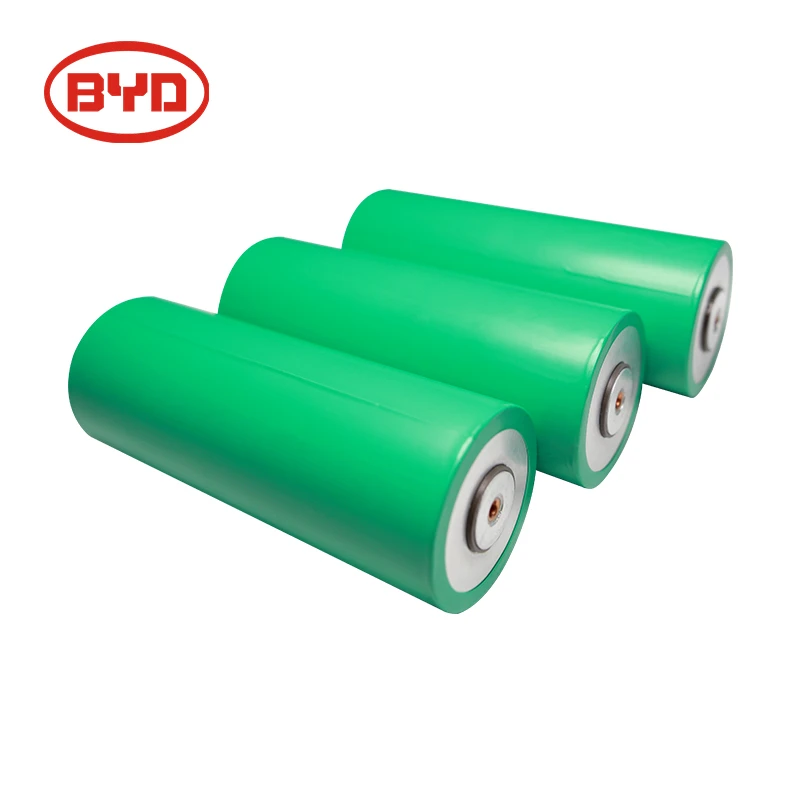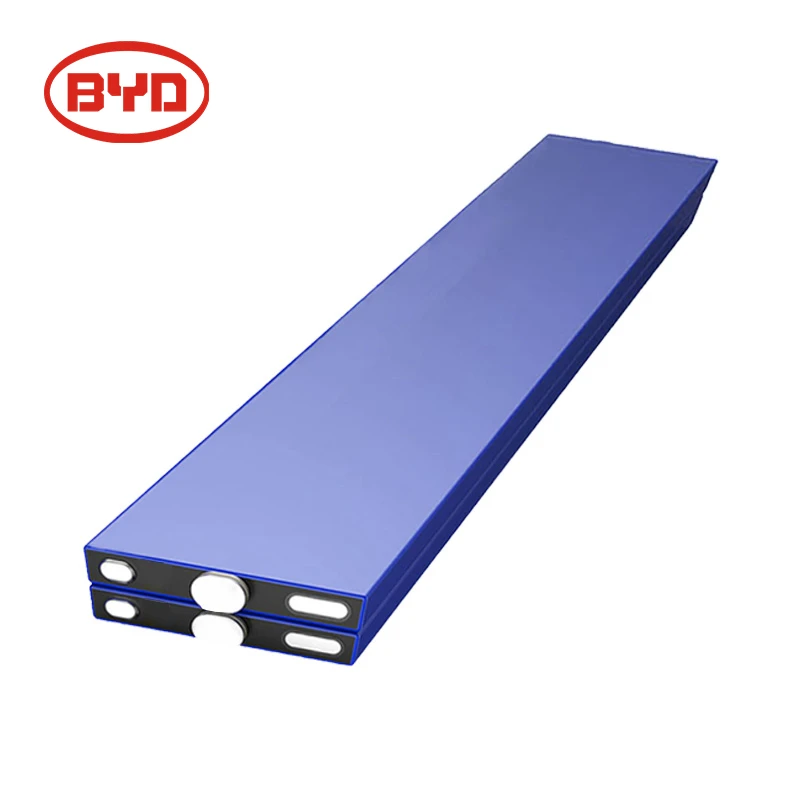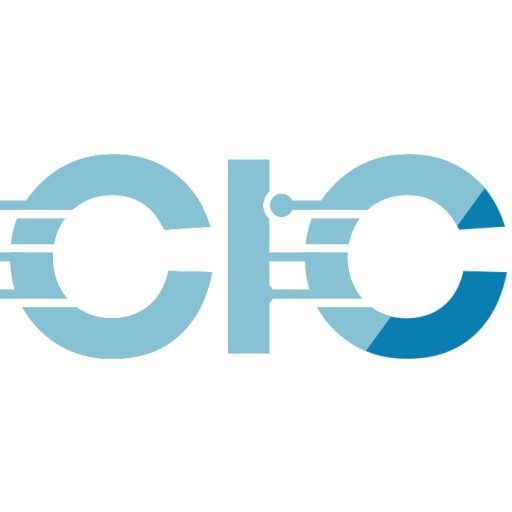The main differences between the two batteries:
Lithium Iron Phosphate Battery (LIFEPO4):
Chemical Composition: Positive Electrode Material: Lithium Iron Phosphate. Features: Has better thermal stability and safety, usually used in applications requiring high safety.
Energy Density: Energy density: Relatively low, usually between 90-160 Wh/kg. Features: Lower energy density than other lithium battery types, but provides higher safety and longer service life.
Voltage: The nominal voltage of LiFePO4 battery is lower than that of lithium-ion battery, usually about 3.2V per battery
Safety: Very high, with excellent thermal stability, not prone to thermal runaway, short circuit or fire. Features: Good safety even under high temperature or physical damage.
Life: Long, usually can withstand 2000-5000 charge and discharge cycles. Features: In long-term use, the capacity decay is slow, suitable for applications requiring long life.
Temperature Range: Has good high temperature stability, suitable for operation in a wide temperature range. Features: Suitable for high temperature environment applications such as electric vehicles and energy storage systems.
Application areas: Widely used in electric vehicles (especially in cases with high safety requirements), energy storage systems, power tools, etc.

Lithium-ion battery (li ion):
Chemical composition: Positive electrode material: can be lithium cobalt oxide (LiCoO2), lithium nickel cobalt manganese oxide (NCM), lithium nickel cobalt aluminum oxide (NCA), etc. Features: Each type of lithium-ion battery has different energy density and performance characteristics, and is usually used in applications with high energy density requirements.
Energy density: Energy density: high, usually between 150-250 Wh/kg, depending on the chemical composition of the battery. Features: Provides higher energy density, suitable for applications that require longer battery life or high energy density, such as smartphones and electric vehicles.
Voltage: Lithium-ion batteries are 3.6V to 3.7V per cell.
Safety: Safety: Relatively low, especially in the case of overcharge, short circuit or physical damage, thermal runaway or fire may occur. Features: Protection circuits are required to prevent overcharge, over-discharge, etc.
Lifespan: Lifespan: Short, usually can withstand 500-1500 charge and discharge cycles. Features: Capacity decays faster during the charge and discharge cycle
Temperature range: Temperature range: sensitive to low and high temperatures, and needs to work within a relatively narrow temperature range. Features: Poor low temperature performance, capacity and performance may be reduced at low temperatures.
Application areas: Widely used in smartphones, laptops, power tools, light electric vehicles and other devices that require high energy density.
Which of these types of batteries is easier to recycle?
Both lithium iron phosphate (LiFePO4) and lithium-ion batteries can be recycled, but each is done in slightly different ways.
LiFePO4 batteries are generally considered easier to recycle than lithium-ion batteries because the cathode material is made of iron phosphate, a stable compound that is not harmful to the environment. Additionally, LiFePO4 batteries do not contain heavy metals or other toxic substances, making them less harmful to handle during recycling. On the other hand, lithium-ion batteries can be more challenging to recycle due to the presence of heavy metals and other toxic substances in the cathode. Additionally, the recycling process for lithium-ion batteries is more complex because it involves breaking down the battery into its component parts and separating the cathode, anode, and electrolyte. The purity of the materials used is critical.
Overall, both LiFePO4 and lithium-ion batteries can be recycled, but LiFePO4 batteries may be easier to recycle because their chemical composition is simpler and does not contain toxic substances.
IS LIFEPO4 BETTER THAN LITHIUM-ION?
LiFePO4 outshines lithium-ion in terms of safety, with longer life and greater thermal stability, making it ideal for extended use. While lithium-ion may initially be cheaper and require less maintenance, its sensitivity to overheating poses risks. Choose LiFePO4 for a durable, safe off-grid power solution with minimal environmental impact. It's difficult to say which battery chemistry is "best." Because each type of lithium battery (LiFePO4, lithium-ion, and lithium-polymer) has its own unique advantages and disadvantages, the best choice depends on the specific application and requirements.
获取更多相关咨询信息欢迎联系我们: ciclibattery.com




